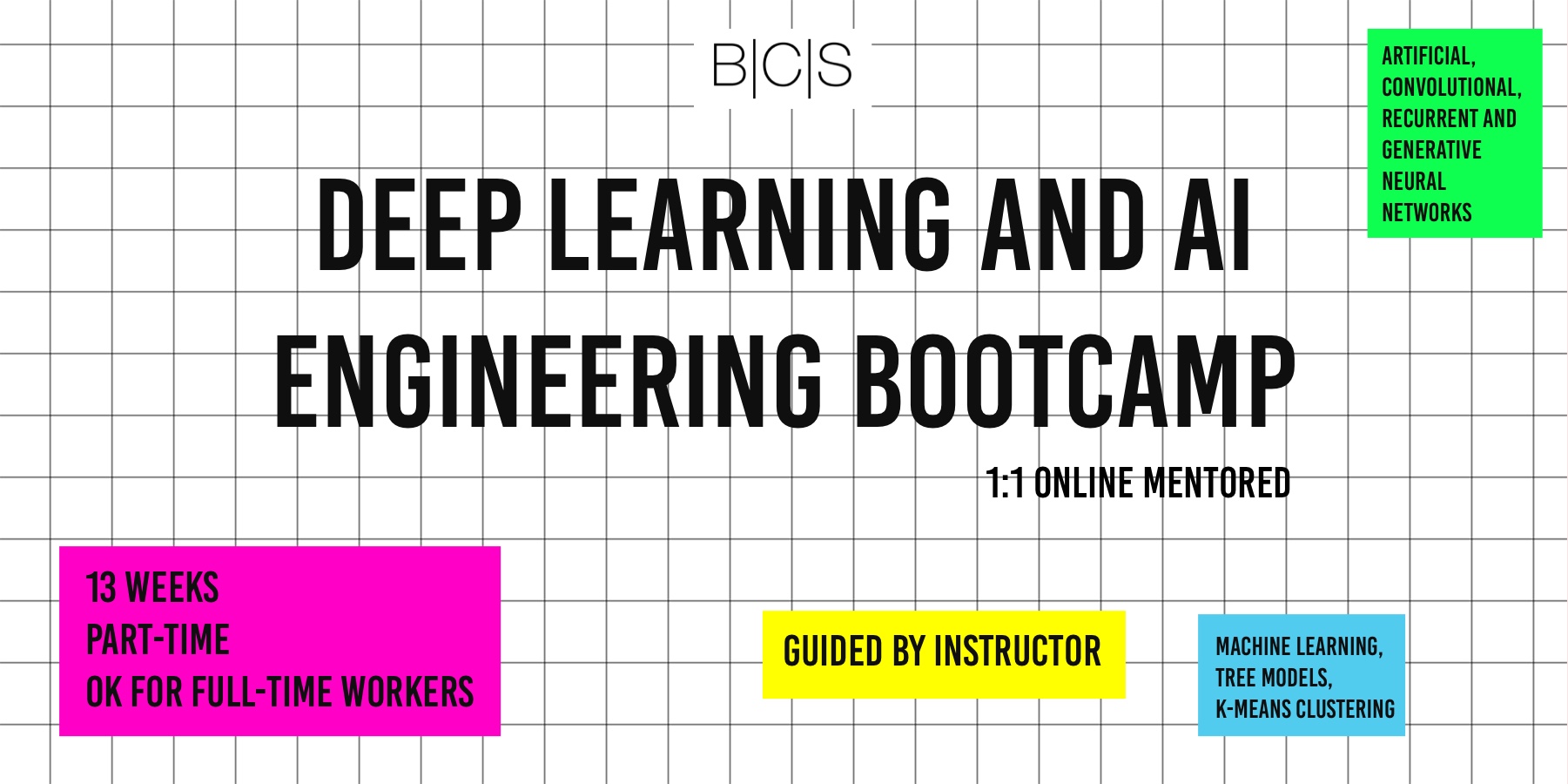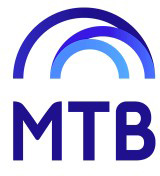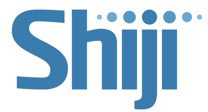Tools
- Python
- Jupiter
- Matplotlib
- Pandas
- Scikit-Learn

A Machine Learning Engineer designs, builds, productionizes, optimizes, operates, and maintains ML systems.
Our course is focused primarly on using ML for building Artificial Intelligence systems.
After the bootcamp you will be able to start working as a junior engineer. Possible job titles would be:

Minerva holds a PhD from the University of Cambridge, MPhil from the School of Geography and Environment and an MSc from the Department of Engineering at Oxford University. With over a decade of experience in academic research, Minerva has contributed to renowned peer-reviewed journals like PLOS One, showcasing expertise in data science, deep learning, and earth observation (EO) for both non-governmental and industry stakeholders.
With strong track record in machine learning, data visualization, spatial data analysis, deep learning, and natural language processing using R and Python combined with many years of mentoring experience Minerva is the best instructor for this bootcamp.
Specializing in a variety of topics ranging from deep learning to machine learning to spatial data analysis (including EO data processing), data visualizations, natural language processing, financial analysis among others Minerva has a valuable real world experience to share with the students.
Minerva also has acted as a peer reviewer on highly regarded academic journals such as Remote Sensing and given guest lectures on prestigious forums such as Open Data Science Conference (ODSC).
In the first module we will reinforce the basics of Python and introduce you to 2 fundamental data management and data visualization tools: Pandas and Matplotlib.
By the end of this module you will be able to load data, explore it, clean it and visualize it in different ways.
You will learn some of the ML models that every Deep Learning Engineer and Data Scientist should know with a mix of both theory and practice.
During this module we will introduce you to Neural Networks and Deep Learning.
You will learn almighty Gradient Descent, Back Propagation, optimization methods for Deep Learning.
Project suggestions: we will start working on a MNIST handwritten digit database.
This module you will be introduced to Convolutional and Recurrent Neural Networks, and various visual (like object detection, recognition, segmentation) and text (sentiment analysis, text classification) analysis techniques.
Project suggestions: NLP (spam recognition, sentiment analysis, text classification), CV (object detection, background detection, object counting and tracking).
In this module we will start digging into more advanced concepts of ML, GANs (General Adversarial Neural Networks) and VAEs (Variational Autoencoders).
It is of the utmost importance that you become capable of implementing your own networks. In this module we will let you follow through a few selected papers and implement such networks from scratch.
Project suggestions: image colorization, text-to-image synthesizer, noise reduction, new human pose generation.
In this module we will learn about the most important advancement of the last 4 years in Deep Learning: Transformers. We will also understand why they perform the way they do, and what are their limitations. We will work with Transfer Learning and Model Tuning to speedup model development.
We will implement the famous paper “Attention is all you need”, and a few other selected papers.
Project suggestions: chat bot, object detection with vision transformers.
This is your time to shine! Develop your own unique project, or follow one of the pre-prepared tasks.
Projects suggestions: object video tracking, text to audio system, depth/volume extraction from image, translation chatbot.
Python: We will provide you with a Python videocourse which starts from the basics and takes you to the advanced level. It contains about 7 hours of video lessons and around 100 of exersies with tests for you to practice in case you need to level up your Python.
900€ paid upon registration, the remaining is due before course begins.
We can assist in getting a student loan which usually have lower rates than consumer loans.
To do so we can send you a proforma invoice for the selected course which you can attach to the student's loan application.
Please fill out this form.
Format: online
Tuition: 3950€
Become a ML/AI Engineer in 13 weeks
13-week course, online, mentored, in English, part-time.
Registration prepayment 900€.
Format: online
Tuition: 3950€
Become a ML/AI Engineer in 13 weeks
13-week course, online, mentored, in English, part-time.
Registration prepayment 900€.
Format: online
Tuition: 3950€
Become a ML/AI Engineer in 13 weeks
13-week course, online, mentored, in English, part-time.
Registration prepayment 900€.
Format: online
Tuition: 3950€
Become a ML/AI Engineer in 13 weeks
13-week course, online, mentored, in English, part-time.
Registration prepayment 900€.
You are welcome!
A lot of our students are taking the course from abroad. Since this bootcamp is completely remote, you can join it from anywhere in the world!

Any operating system will do, Mac, Windows or Linux. If you are thinking about buying a new one then the best choice would be an Apple laptop: Macbook, Macbook Air or Macbook Pro. On Windows laptop everything is doable as well, simply some things work slower on Windows but it's not going to prevent you from succeeding!
English.
For the course you do not need Spanish. Everybody at our school speak English. To feel comfortable in Barcelona Spanish would help but nowadays in most of the places local people do speak English.
After succesfull completion you will become a junior Machine Learning and Artificial Intelligence Engineer and will be able to apply for any relevant entry engineering positions.
You will be able to work in Machine Learning, Deep Learning, AI development as a junior engineer.
Yes! We will send you some training materias to complete before the bootcamp.
It’s safe to say that our price is within lower competitive range. We strive to provide the personalized approach thanks to smaller group size and attract highly qualified instructors motivated to share their expertise with students. You will love it, we guarantee!





























